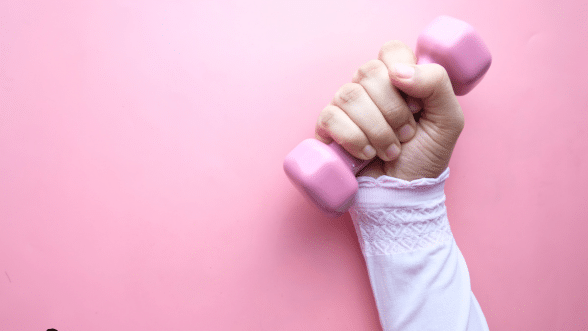
What is Physical Organization?
- Physical Organization refers to the arrangement and management of physical spaces, including the placement and storage of objects, to create an orderly and functional environment.
- It involves organizing items in a way that maximizes space efficiency, accessibility, and overall aesthetics, whether at home, in the office, or in any other physical space.
- Effective physical organization helps reduce clutter, streamline daily activities, and create a more comfortable and productive environment.
Why is It important?
- Enhanced Productivity: A well-organized physical space reduces the time spent searching for items, allowing for more efficient use.
- Reduced Stress: Cluttered environments can contribute to feelings of stress and overwhelm.
- Improved Accessibility: Ensures that essential items are easily accessible, improving workflow and reducing frustration.
- Aesthetic Appeal: Organized spaces are often more visually appealing, creating a more pleasant and motivating environment for work or relaxation.
What are some strategies for effective Physical Organization?
- Decluttering: Regularly sorting through and removing unnecessary items helps maintain an organized space and prevents the buildup of clutter.
- Zoning: Dividing spaces into zones based on function (e.g., work, relaxation, storage) that ensures that each area serves its intended purpose efficiently.
- Storage Solutions: Utilizing shelves, bins, and other storage tools helps keep items organized and easily accessible.
- Labeling: Labeling containers, shelves, and drawers can make it easier to find and return items to their proper place.




